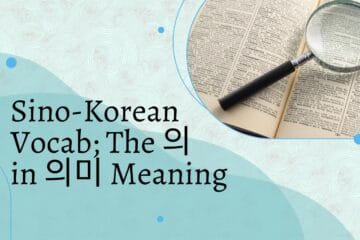Sino-Korean Vocab; Korean Electronics
It’s been a while since I touched on Sino-Korean vocab! It’s something that’s always been there, but I’ve picked up on it more recently; many Korean electronics have a theme of using 전. Of course, this comes from Hanja influences with the Hanja 電 relating to electricity/electric words.









